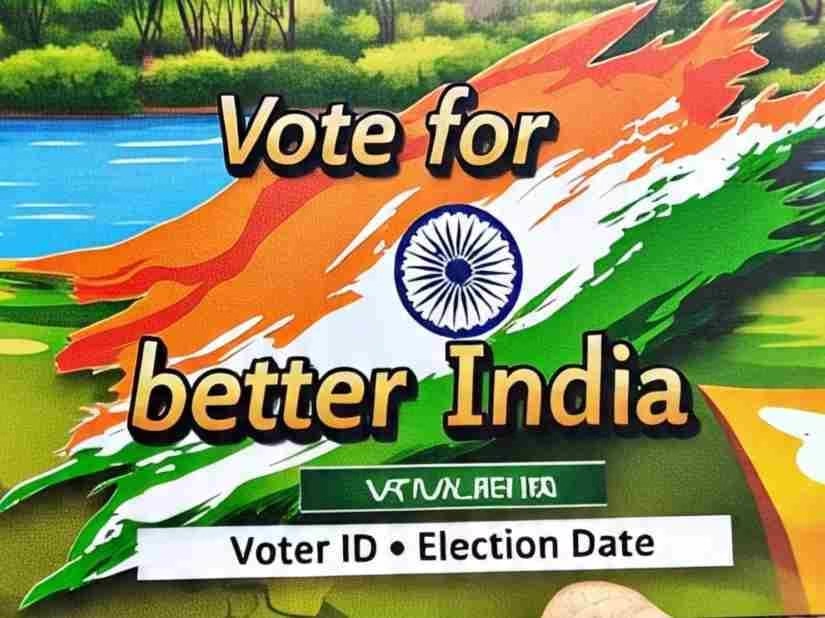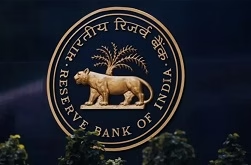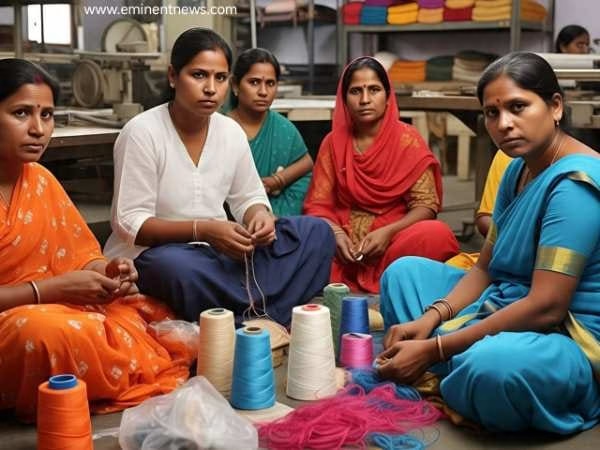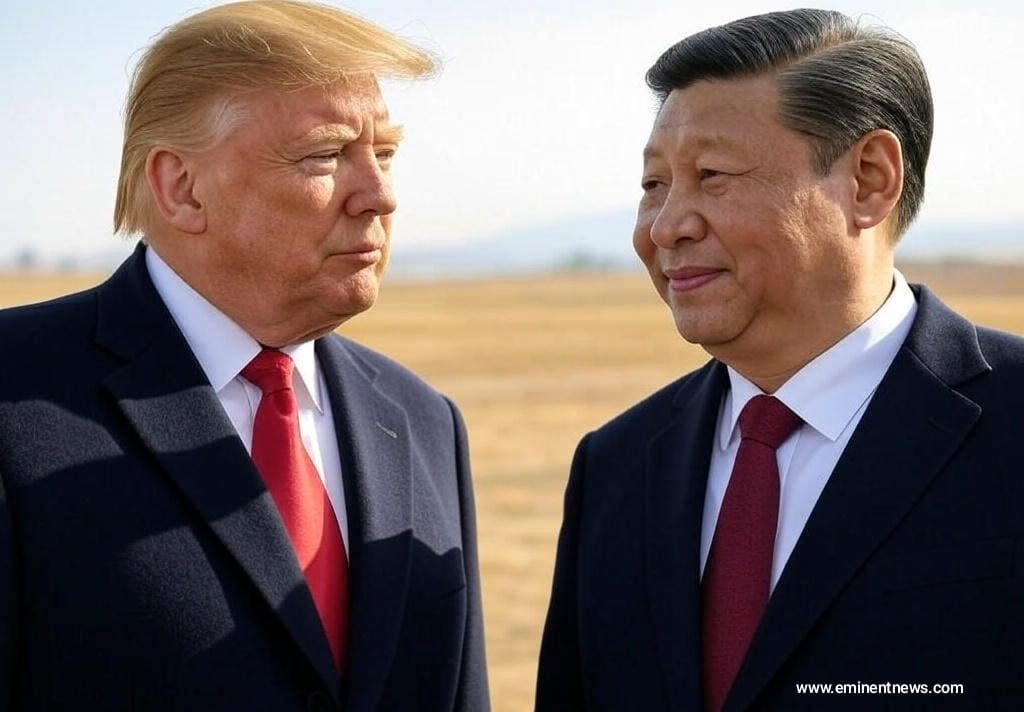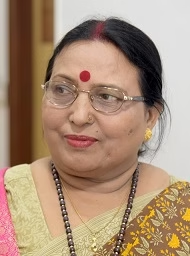The disinformation threat in India is a growing concern due to the country’s rapidly expanding digital landscape and unique socio-political environment ..
Key Contributing Factors:
- Technological Penetration: The widespread adoption of smartphones and affordable internet access has amplified the spread of false content . WhatsApp is a major source, accounting for 64% of misinformation, followed by Facebook (18%) and Twitter (12%) . Encrypted platforms make it difficult to trace the origin of false information .
- AI-Generated Content: The rise of AI-generated misinformation makes it harder to distinguish between truth and falsehood, and algorithmic biases can amplify misleading narratives .
- Declining Trust in Traditional Media: Diminishing public trust in legacy media leads people to rely more on social media, resulting in the widespread sharing of unverified information .
- Political Polarization: Political actors and non-state entities exploit digital platforms to influence elections and manipulate public opinion through disinformation . Political disinformation accounts for 46% of the total, followed by general issues (33.6%) and religious content (16.8%) .
- Lack of Digital Literacy: Many people lack the skills to critically assess the credibility of online content .
- Weak Regulatory Framework: Laws like the IT Act, 2000, have limitations, and enforcement remains a challenge .
- Linguistic Diversity: Disinformation spreads easily due to India’s multilingual population, with fake news often tailored to regional languages .
Negative Impacts:
- Undermines Democracy: Misleads voters, manipulates public opinion, and reduces trust in elections, media, and public institutions .
- Incites Violence and Social Unrest: Fuels communal tensions, hate crimes, and mob lynchings, and spreads conspiracy theories that provoke extremist behavior .
- Public Health Threats: Promotes vaccine hesitancy and fake cures, undermining scientific and medical advice .
- Economic Disruption: Causes panic in financial markets and damages the reputations of businesses .
Challenges in Countering Disinformation:
- Speed of Digital Platforms: Misinformation spreads rapidly, outpacing fact-checking efforts .
- Remoteness of Fact-Checkers: Corrections often don’t reach the original audience .
- Data Encryption: Encryption on platforms like WhatsApp and Telegram makes it difficult to monitor or counter misinformation .
- Media Illiteracy and Vulnerable Groups: Older adults are more likely to share fake news .
Government Initiatives:
- IT Rules, 2021: Strengthen regulations for social media platforms and digital news outlets to curb fake news .
- PIB Fact-Check Unit: Debunks misinformation related to government policies and programs .
- National Cyber Coordination Centre (NCCC): Monitors cyber threats, including misinformation campaigns .
- Election Commission of India (ECI): Launched an AI-based monitoring system in 2024 to track and remove fake political ads and deepfake videos .
- Samvad Initiative: A collaboration between government and private entities to foster digital literacy .
Policy Recommendations:
- Regulatory Frameworks: Adopt policies similar to the EU’s Digital Services Act .
- AI Oversight & Accountability: Supervisory boards and AI councils should oversee generative AI practices to prevent algorithmic biases and misinformation .
- Upskilling and Awareness: Upskilling developers, improving public awareness, and promoting digital literacy are essential .
- Transparency and Content Moderation: Platforms should implement transparent content moderation policies and disclose funding sources for online ads .
Addressing the disinformation threat requires a multifaceted approach involving government regulation, media literacy campaigns, technological tools, and collaboration among stakeholders . Ensuring the credibility and authenticity of information must be a national priority as India continues its digital transformation .



